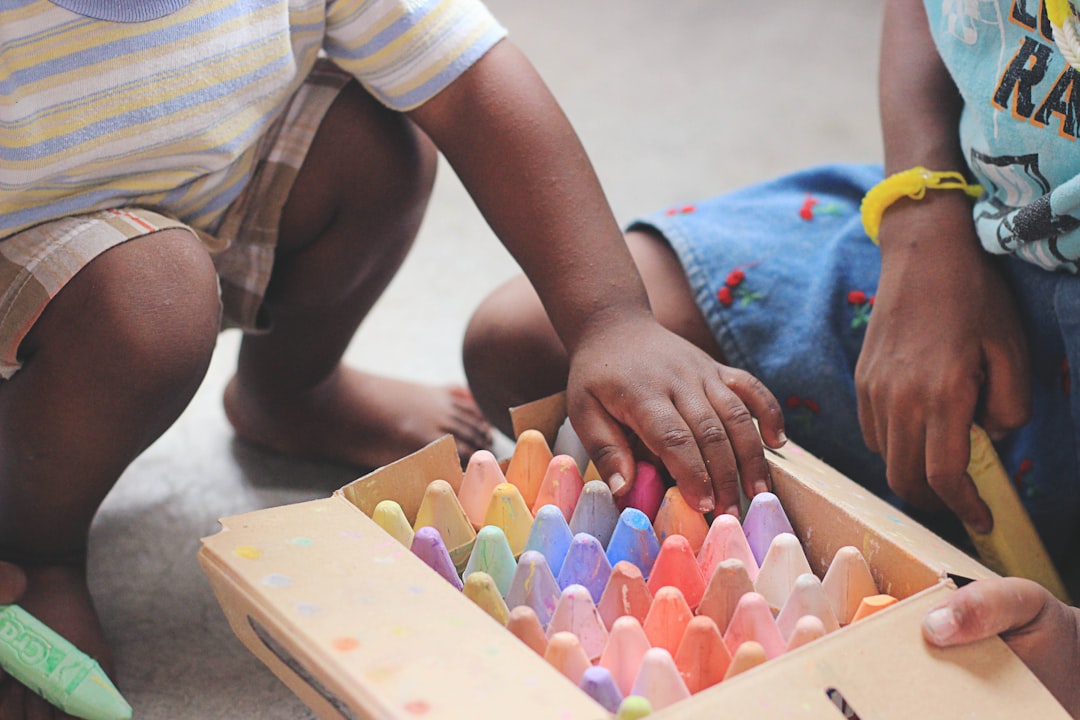Introduction:
In the formative years between birth and age five, children undergo rapid and profound developmental changes that lay the groundwork for their future selves. Early childhood development (ECD) is not just about learning basic skills—it’s about cultivating a holistic environment that nurtures physical, cognitive, and emotional growth. This article delves into the complexities of ECD, offering insights and strategies to ensure every child can thrive during these critical years.
The Foundation of Cognitive Development
The Role of Play
Play is not merely a leisure activity for children; it is a crucial component of their cognitive development. Through play, children explore their environment, learn to solve problems, and make sense of the world around them. Educational toys, interactive games, and even unstructured playtime are instrumental in enhancing a child’s analytical and creative capacities.
Language Acquisition
The first five years are critical for language development. Exposure to a rich language environment—where caregivers actively engage with children using varied vocabulary and encourage dialogues—boosts linguistic skills, which are fundamental for later academic achievement and social communication.
Emotional and Social Milestones
Building Emotional Intelligence
Emotional development is about recognizing, understanding, and managing one’s emotions. Caregivers play a pivotal role by modelling positive relationships and providing a supportive atmosphere. Emotional intelligence developed in early childhood is linked to better performance in school and healthier relationships later in life.
Social Interactions
Social skills are fostered through interactions with parents, siblings, peers, and even during solitary play. Group activities in preschool settings enhance social understanding by teaching kids about sharing, cooperation, and empathy. These skills are essential for personal and professional success throughout life.
Physical Growth and Health
Nutrition’s Impact on Development
Adequate nutrition is fundamental for early childhood development. Nutrient-rich diets promote not only physical growth but also cognitive development. Omega-3 fatty acids, iron, and vitamins are particularly important for developing brains and bodies.
Importance of Physical Activity
Regular physical activity is crucial for early childhood health. It helps in developing motor skills, preventing obesity, and even enhancing mood and sleep. Encouraging active play, whether through sports or playground activities, sets the stage for a lifetime of healthy habits.
The Influence of Environment
Home Environment
The home environment is the first educator. A stimulating home environment that offers safety, love, and learning opportunities—such as books, educational materials, and space for exploration—greatly influences developmental outcomes.
Early Education Settings
Preschools and early education programs extend the developmental opportunities provided at home. High-quality early childhood education programs that focus on play-based learning and socialization offer children a head start in education and help in smoothing the transition to formal schooling.
The Role of Parental Involvement
Engaging in Your Child’s Learning Journey
Active parental involvement in early learning—from reading stories to playing educational games—significantly enriches the developmental process. Parents who are engaged provide a sense of security that fosters an environment ripe for learning and exploration.
Supporting Development Through Routine
Establishing routines helps children feel safe and secure. Predictable schedules for meals, sleep, and activities help regulate children’s mood and behavior, which is conducive to learning and general well-being.
In conclusion, early childhood development is a multifaceted phase that requires a concerted effort from parents, caregivers, and educators alike. By understanding and implementing the strategies outlined in this article, we can provide children with the tools they need to thrive in their developmental journey.






